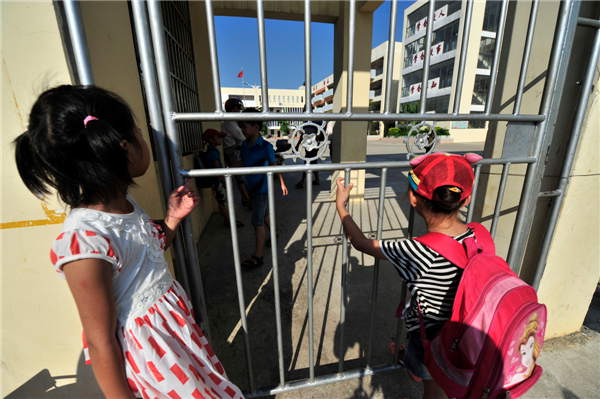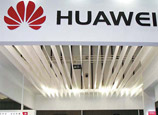
The report also said the net result was an outflow of 176.9 tons from gold ETFs. However, it represented a decline of just 7 percent in total gold ETF holdings over the period.
Hong said the gold price declined due to factors including global deflationary pressure, investor George Soros' operations and a rally in the US dollar.
According to Hong, central banks in China, Germany, Switzerland and France will continue to buy gold.
Central banks added 109.2 tons of gold to their reserves in the first quarter, the ninth consecutive quarterly net purchase.
"Although within four to eight weeks, the gold price may continue to fall, it's a good time for long-term investors to buy gold because it will be of great potential in the long term," said Hong.
Marcus Grubb, a managing director at the World Gold Council, said: "The price drop in April proved to be the catalyst for a surge of buying that has left many retailers short of stock and refineries introducing waiting lists for deliveries. Putting this into context, sales of bars and coins, jewelry and consumption in the technology sector still make up 81 percent of the market.
"Overall, the long-term appetite for investment remains strong, demonstrated by the continued demand for bars and coins," Grubb said.
Gold dropped below $1,400 on Thursday, approaching prices not seen since its historic plunge a month ago.



















![]()
